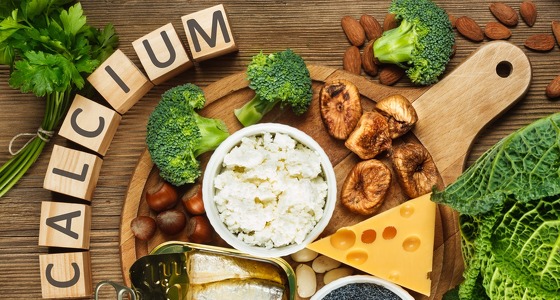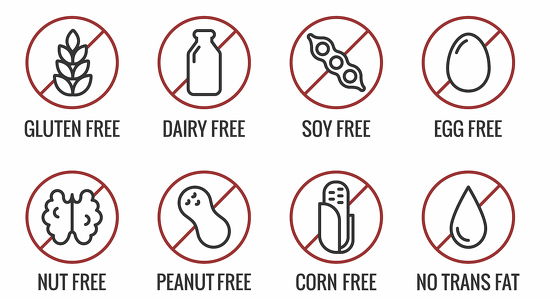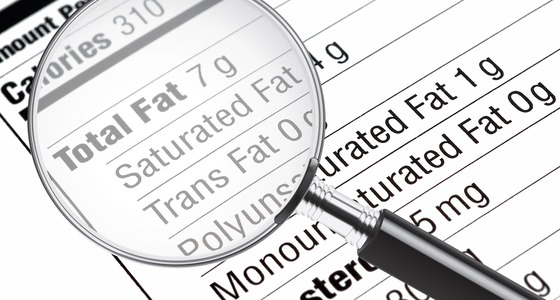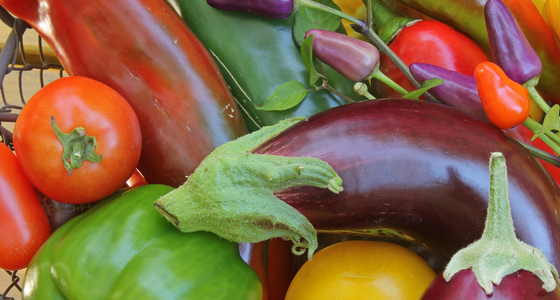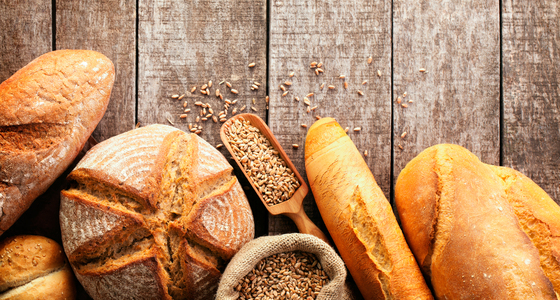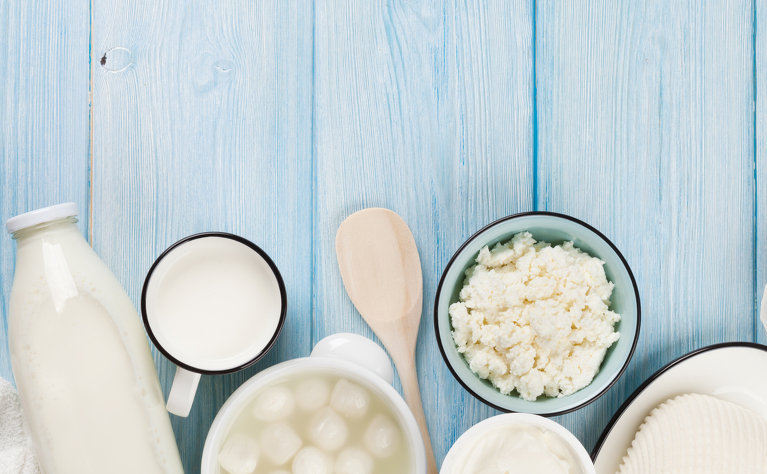
When you have inflammatory bowel disease (IBD) knowing what foods and drink affect your symptoms can be a bit of a minefield.
Some people with IBD have reported that dairy can cause a negative effect on their symptoms. Here we take a look at some of the reasons why that may be to help you make your own decision about whether it may be having an effect on your symptoms.
Dairy products are foods made from animal milk. They include milk, cheese, butter, whey, cream and yogurt.
Animals which are milked for human consumption include cows, water buffaloes, goats, sheep, yaks, horses, camels, domestic buffaloes, and other mammals.
Some people suffer from problems when they consume dairy. These can include:
It is only in recent times that humans have started consuming animal milk and there are many parts of the world (mostly outside of the westernised world) that do not consume animal milk at all. Human adults in areas where animal milk is consumed have evolved to produce the enzyme lactase which allows us to break down the milk sugar lactose. Relatively speaking this is a very recent evolution and some people may not have evolved as much as others in being able to consume it.
Many people with IBD report that their symptoms become worse after consuming dairy products. A study1 showed that in UC patients the frequency of lactose intolerance was 28.6%, and among Crohn’s disease patients 35.3% were considered intolerant
The exact reasons for this are not known.
If you experience symptoms after consuming dairy it could be because you are lactose or casein allergic or sensitive.
It is also thought that some people with IBD (particularly those with Crohn’s disease affecting the small bowel) have a disruption in production of lactase (which is needed to break down lactose), particularly when they are having a flare. This disruption can be temporary or permanent.
If you think dairy is causing you problems you should speak to your doctor or dietician. If you are advised to stop eating dairy then you need to ensure you are getting calcium (which dairy is rich in) from other sources. Learn more about calcium and some of the food sources.
Some companies, such as Healthpath* (this is an affiliate link), provide home food sensitivity testing.
*Please note this is an affiliate link which means if you buy from the company we may receive a commission. You will pay the same price as you normally would and any money earned will be used to support IBDrelief's work.
